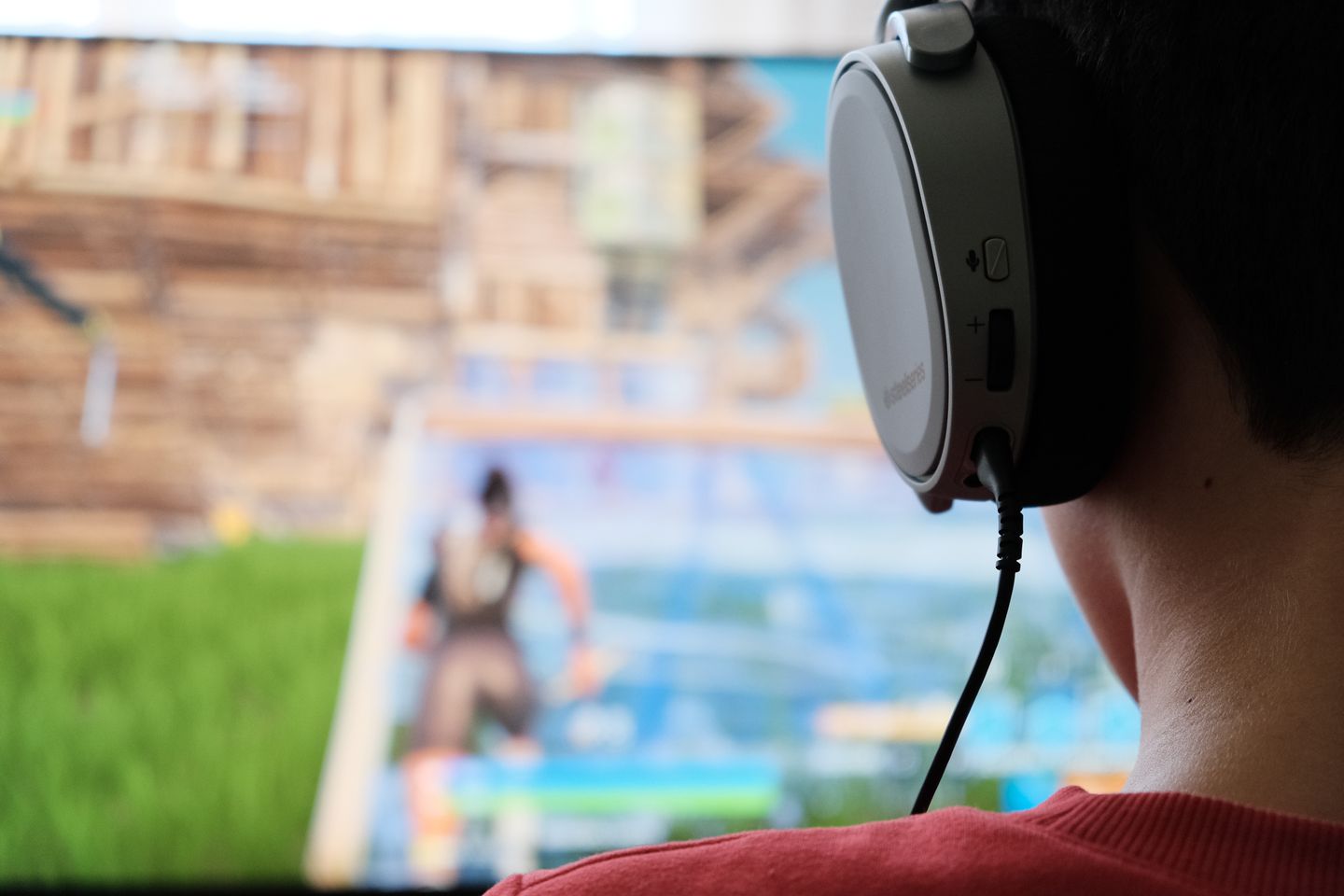
School-age boys become less interested in learning reading, writing and math the more they play video games, a Canadian study has found.
Researchers from the University of Sherbrooke followed 1,631 children in Quebec, including 785 boys, as they played video games daily from ages 7 to 10 in the early 2000s.
They found that every additional hour boys spent gaming at age 7 predicted a 2% drop in academic motivation by age 8, a trend that continued through age 10.
“These effects were not seen in girls, possibly because boys in our sample spent more time playing video games,” Gabriel Tiraboschi, a behavioral psychologist and lead author of the study, said in an email. “This suggests that more time devoted to video game playing in the formative school years can snowball into poorer academic achievement later in life.”
Overall, parents participating in the study reported that their sons averaged one hour of gaming per day, compared with half an hour for their daughters.
Published Monday in Psychological Medicine, the study employed a cutting-edge statistical analysis to answer the chicken-or-the-egg question of whether gaming or low academic motivation comes first.
The answer: gaming.
Researchers found that boys and girls with lower levels of academic motivation did not devote more time to gaming as a result. This supports the idea that video games drive a decline in academic motivation, rather than low-motivation children simply turning to them as a distraction.
Roughly nine in 10 school-age children in North America play video games, making their influence on boys a major concern for families and teachers.
Reached for comment, several child advocates offered mixed reactions to the study.
“The best advice is to say no to video games, especially in middle school and even through the high school years,” said Melanie Hempe, founder of ScreenStrong.com and mother of a son who dropped out of college due to a gaming addiction. “Instead, give your kids real-life opportunities for sports, hobbies, and family connections.”
Daniel Buck, a research fellow at the conservative American Enterprise Institute and former elementary school assistant principal, warned against concluding that “all gaming is bad” due to the study’s failure to distinguish types of games.
“Does this causation apply only to highly addictive, multiplayer games such as Fortnite or can students play single-player, story games without risk?” Mr. Buck asked.
Monday’s study cited earlier research linking academic disruption to at least three hours of daily gaming.
“This study is a valuable contribution to our understanding of screen use and development,” said Kris Perry, executive director of the nonprofit research network Children and Screens. “It aligns with other research suggesting that boys are more susceptible to the impacts of gaming, generally speaking, while girls tend to be more impacted by social media use.”
Other studies have suggested that multiplayer games like “Fortnite” — a shoot-’em-up “battle royale” that millions of boys and young men play together online — hurt boys the most because they are more addictive and time-consuming than single-player games.
Scott Kollins, chief medical officer at Aura, a Boston-based app that helps parents monitor children’s digital use, noted that the study analyzed data from 2005, 2006 and 2008. That predates Fortnite, which came out in 2017.
“A lot has changed in how kids engage with games since then, which makes the findings feel less relevant to families today,” said Mr. Kollins, a clinical psychologist.
He said parents should monitor their children’s video game consumption to ensure it remains balanced.
“Too much time in front of a screen, especially with violent or highly immersive games, can affect sleep, mood, and even empathy toward others,” Mr. Kollins added.
Jonathan Zimmerman, a professor in the history of education at the University of Pennsylvania, said the study confirms that too many adults are “relinquishing the socialization of our children to private media companies.”
“It is time for parents, educators and legislators to wrest that back by establishing much firmer controls on youth screen time and content,” Mr. Zimmerman said. “It’s game on, and we can’t afford to lose.”

















